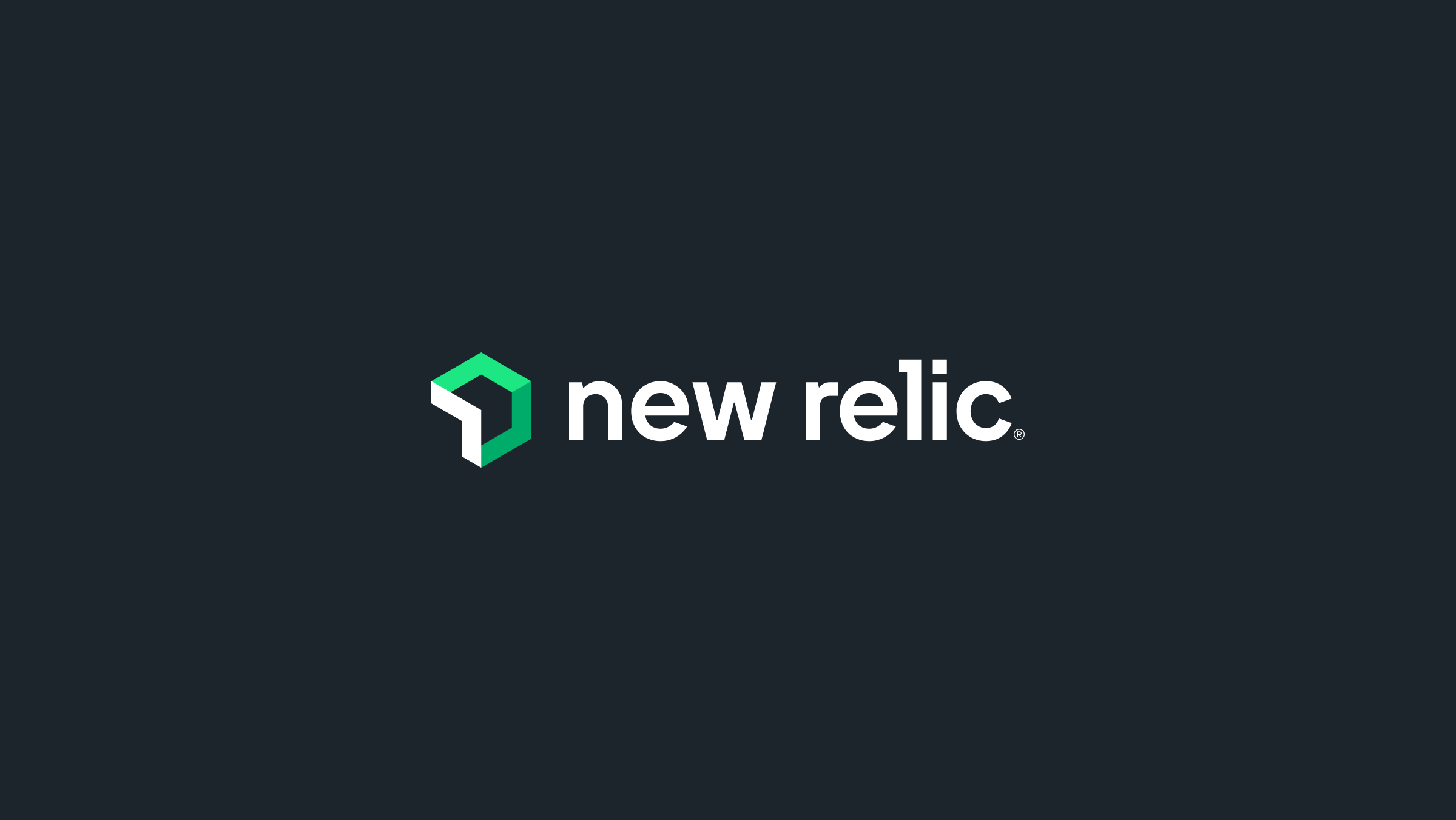It requires the use of C#. The role isn't advertised yet so I'm not sure specifically what else they need, but it's maintaining a bunch of systems and updating old legacy systems.
I want to stand out in the interview, and I just feel like saying "I uhhh I made a ticketing system" the manager would be like "okay? So? Why? You're a fag."
Assuming you've been on a panel before, what would impress you?
Yeah don't fucking make a ticketing system lol. I know what I look for , but it depends on the company. I fucking hate windows and Microsoft so I can't give too much specific advice for that. I also work in more modern tech so everything is containerized and k8s.
But i started in more sysadmin so i can recommend some things there.
the first thing is to know a scripting language. For linux its bash but if youre doing more windows, active directory, legacy side then powershell is a good bet. Python would likely work but as I don't know windows I'm not sure why you want that over poweshell.
Next you want some infrastructure knowledge. Networking is always a good idea. Unless the role is purely just programming or frontend, then ignore this. But if you need to deal with any backend or full stack
you should have an idea of how networking works a bit at least. You'll probably have to deal with connecting to services, dns issue or vips for loadbalancers.
Then for more senior roles i advise distributed systems and scaling. Youll want to understand a bit about capacity planning and ops (Incidence response etc.) . This is your vague sre type stuff. Have a general idea of how to instrument things for alerts. Learn some buzz words like red metrics and have an idea of what sla/slo/slis are at a high level. Understand log aggregation and how to centralize and query the logs.
Newrelic has a free tier for agents. Get familiar with SaaS instrumenting.
Simple, transparent pricing plans. Only pay for what you use.

newrelic.com
What I'd recommend as a project is setting up some shit as a homelab. You can buy cheap used shit or hack some old stuff you have. Find the cheapest isp in your area and run a second line to fuck around with. Set up a firewall and router. I run pfsense but there's other open source or free ones. You can run it on old hardware. Buy a cheap switch.
I've mentioned my plex setup before that's a useful one but you might not want to explain how you're downloading movies and shows. If you're going to work with shared drives old servers etc. I say maybe set up an old raid array and have automated backups for your files at home.
If you have any iot devices it's a good idea to have them firewalled off anyway. So you can learn routers, firewalls, switches, vlans, subnetting. Etc.
If you'll deal with dns then register a domain and setup some free let's encrypt certs. You can then run your homelab all through dns and understand how tls and https works.
You'll want the devops portion as well then. You can start simple woth just some scripting (hence the scripting language) and then move up to ansible (there's one for windows) or start containerizing. Look up infrastructure as code and be able to speak about it a bit at least. You can get kinda crazy if you want on the devops side. Since you're working in legacy Maybe a jenkins server.
If you think you'll be working with vmsphere or something like that I think VirtualBox has some free shit. But just set up something like proxmox, it's free and its basically the same thing in a way.
Where the devops and infra as code comes in is you can learn how to store all your configurations as code encrypted somewhere. Then you can tear down and spin up and piece of the infrastructure. You can push updates etc.
This is all a lot so that's why I was trying to narrow it down. Once you have the infra then the programming part is easy. Let's say you set all this up but you want a nice frontend or need some custom logic. Then you can write some csharp and throw some shitty react frontend at it.
On the programming side I'm the weakest but the best thing to know is to understand the debugger for your language. Know how to lint. And google idiomatic paradigms for csharp.
Obviously you wouldn't be setting all this up. Maybe take one or two pieces i mentioned. I don't even have all this in my homelab. A fileserver was the first thing I thought of. But you can just set up another network for you iot devices. Or something simple.
I'd recommend all this because while true "full stack" is a myth with the current tech market companies are looking more at generalist then specialists now.
If you can at least understand this and contribute by automating legacy updates or moving cofnigs to git. Maybe creating a few ansible playbooks, powershellcscripts for dns updates etc. You'll be much more valuable.
Or sumtpin tssss

 Why do you do what you do?
Why do you do what you do?
